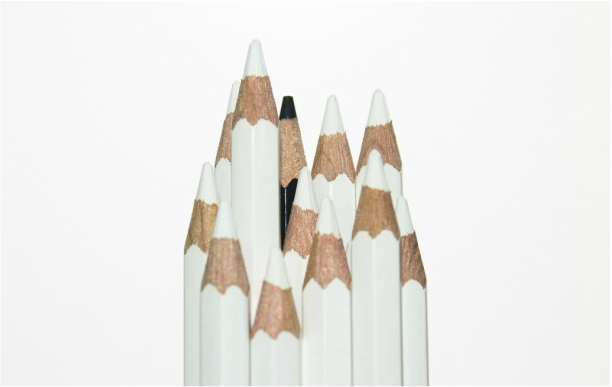My Blog
Please join me on a journey from grief to surrender, from fear to empowerment, from uncertainty to.... uncertainty.
"When you become comfortable with uncertainty, infinite possibilities open up in your life." ~Eckhart Tolle
"When you become comfortable with uncertainty, infinite possibilities open up in your life." ~Eckhart Tolle

 RSS Feed
RSS Feed
